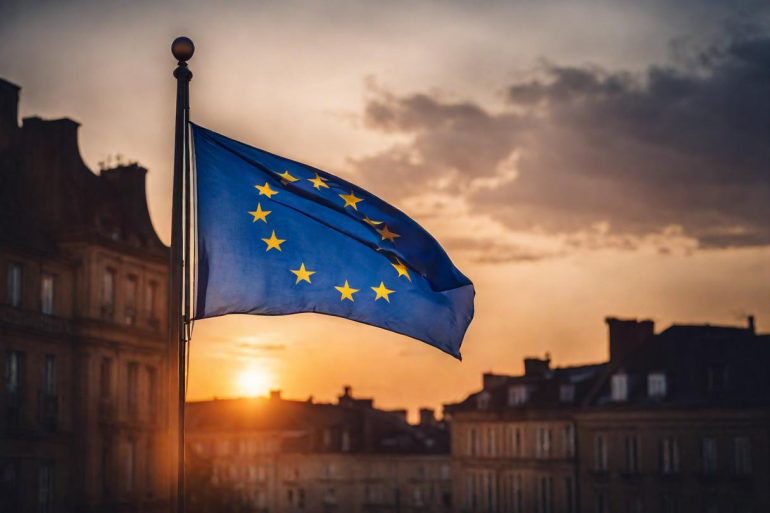- Leading tech firms in the EU are collaborating closely with regulators to ensure compliance with strict data protection rules.
- Ireland’s Data Protection Commission highlights its broad powers in overseeing AI compliance and the potential for future regulatory interventions.
- Key challenges include determining the legality of using public data for AI training and ensuring protection of individuals’ data rights.
- Significant engagement from major U.S. tech companies like Google, Meta, and TikTok in consultation with regulators on AI innovations.
- The European Data Protection Board is developing guidance on AI operations under EU data protection laws.
- AI model operators must comply with the EU’s AI Act and the General Data Protection Regulation, facing substantial fines for non-compliance.
Main AI News:
Major internet corporations are actively engaging with European Union regulators to ensure adherence to the bloc’s stringent data protection regulations concerning their artificial intelligence (AI) offerings, according to Ireland’s influential data authority.
The Data Protection Commission of Ireland, serving as the primary EU regulator for tech behemoths like Alphabet’s Google, Meta, Microsoft, TikTok, and OpenAI, underscores that its expansive authority has yet to be fully tested in the realm of AI. However, it asserts the potential to mandate adjustments to business strategies to uphold data privacy standards in the future.
In an interview on Tuesday, top officials at Ireland’s Data Protection Commission emphasized the multifaceted challenges AI poses to data privacy. Regulators confront pivotal decisions regarding the permissibility of internet data scraping for AI training and the legal frameworks governing the utilization of personal data.
Moreover, AI operators must articulate their methodologies for safeguarding individuals’ data rights, including the right to data erasure, while mitigating the risks of disseminating inaccurate personal information.
Dale Sunderland, one of the Data Protection Commissioners, affirmed substantial engagement from leading U.S. tech firms such as Google, Meta, TikTok, LinkedIn, and OpenAI, soliciting input on their AI innovations, particularly within the expansive language model sector. Sunderland cited Google’s cooperation in refining its Gemini AI chatbot following consultations with Irish regulators.
While Ireland serves as the primary regulatory jurisdiction for many top U.S. internet companies due to the location of their EU headquarters, the European Data Protection Board facilitates collaborative decision-making among regulators. Currently, the Board is formulating guidance on AI operations under EU data protection statutes.
Beginning next month, AI model operators must adhere to the EU’s groundbreaking AI Act, alongside compliance with the General Data Protection Regulation, which imposes substantial fines for violations. Des Hogan, Ireland’s other Data Protection Commissioner and commission chair, stresses the broad authority of national regulators, underscoring the imperative for rigorous due diligence to anticipate and mitigate potential downstream impacts of new products or services.
Conclusion:
This insight from the EU regulator underscores the critical importance of proactive engagement and compliance efforts for tech giants operating in the AI space. Companies need to prioritize adherence to evolving regulatory frameworks to mitigate risks and ensure sustainable market presence amidst heightened scrutiny over data privacy concerns.

